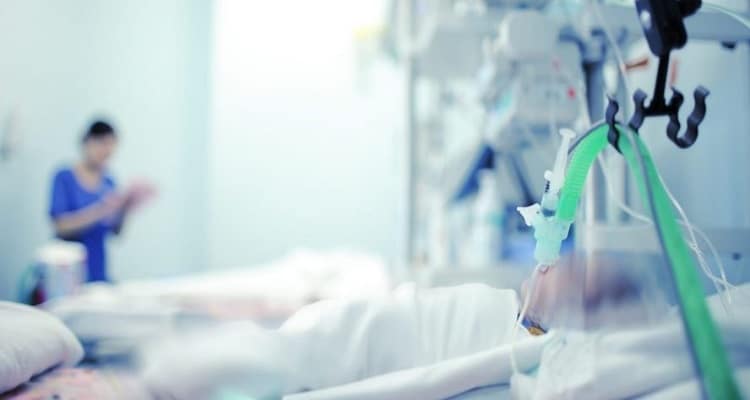Dozee launches MillionICU initiative to upgrade critical-care infrastructure in government hospitals
The company aims to install 50,000 step-down ICU beds across India in the next six months and take it to one million in the next three years
Dozee has launched MillionICU, an initiative to address the massive shortage of ICU beds and staff in public hospitals. The initiative will raise funds to upgrade normal beds in government hospitals across India into step-down ICUs, using Dozee’s contactless sensor, in under five minutes and enable remote and central monitoring of patients at ward-level.
The initiative will enable the hospitals to tide over the current COVID-19 crisis in the short-term and bring about a rapid, long-term transformation in India’s public healthcare infrastructure. The company aims to install 50,000 step-down ICU beds across India in the next six months and take it to one million in the next three years. The initiative has already benefitted 25 such hospitals across 15 districts with more than 10,000 patients being monitored and having saved over 25,000 nursing hours.
As of December 2020, India had 80,583 ICU beds for a population of more than 1.3 billion people.
According to the Ministry of Health and Family Welfare (MoH&FW) estimates (April 2020), there were about 35,700 ICU beds in government hospitals of which 17,850 were ventilator beds which is about 25.87 ICU beds per one million people in government hospitals.
India has around 9.26 lakh doctors and less than 20,000 of these are trained in pulmonology, anaesthesiology, critical care and emergency medicine.
According to experts and doctors, the COVID-19 pandemic is only going to get worse and India will need an extra 500,000 ICU beds; 200,000 nurses and 150,000 doctors in the next one year.
The hospital beds will be installed with Dozee’s contactless sensors featuring an AI-powered triaging system that enables continuous (more than 100 times per hour) and accurate monitoring of a patient’s heart rate, respiratory rate and other clinical parameters like sleep apnea and myocardial performance metrics without coming in contact with the patient.
The company will also be setting up a 24×7 central-monitoring cell which will enable healthcare staff to monitor multiple patients remotely who were previously monitored manually only every couple of hours. The central monitoring cell helps in saving crucial nursing hours and on an average, Dozee saves around 30 minutes of nursing time per patient per day.
The constant stream of patient data aids the medical staff with early detection of patient deterioration and notifies the care team of any abnormalities before it becomes critical. Custom alerts can be set for every patient, helping doctors optimise treatment plans, focus on deteriorating patients and provide improved proactive care.
Speaking about the initiative, Mudit Dandwate, CEO and Co-founder, Dozee, said, “One of the major challenges the Indian healthcare system is facing is shortage of nurses, doctors and ICU beds. Technologies such as remote patient monitoring and AI can help doctors and nurses save valuable hours by prioritising patients based on their needs. The MillionICU campaign is an effort to combat the current situation by providing much-needed support to government hospitals in the country. By converting ward beds into step-down ICUs, we aim at upgrading the healthcare infrastructure thereby enabling improved patient outcomes while significantly reducing the load on nurses and doctors.”
- Advertisement -


